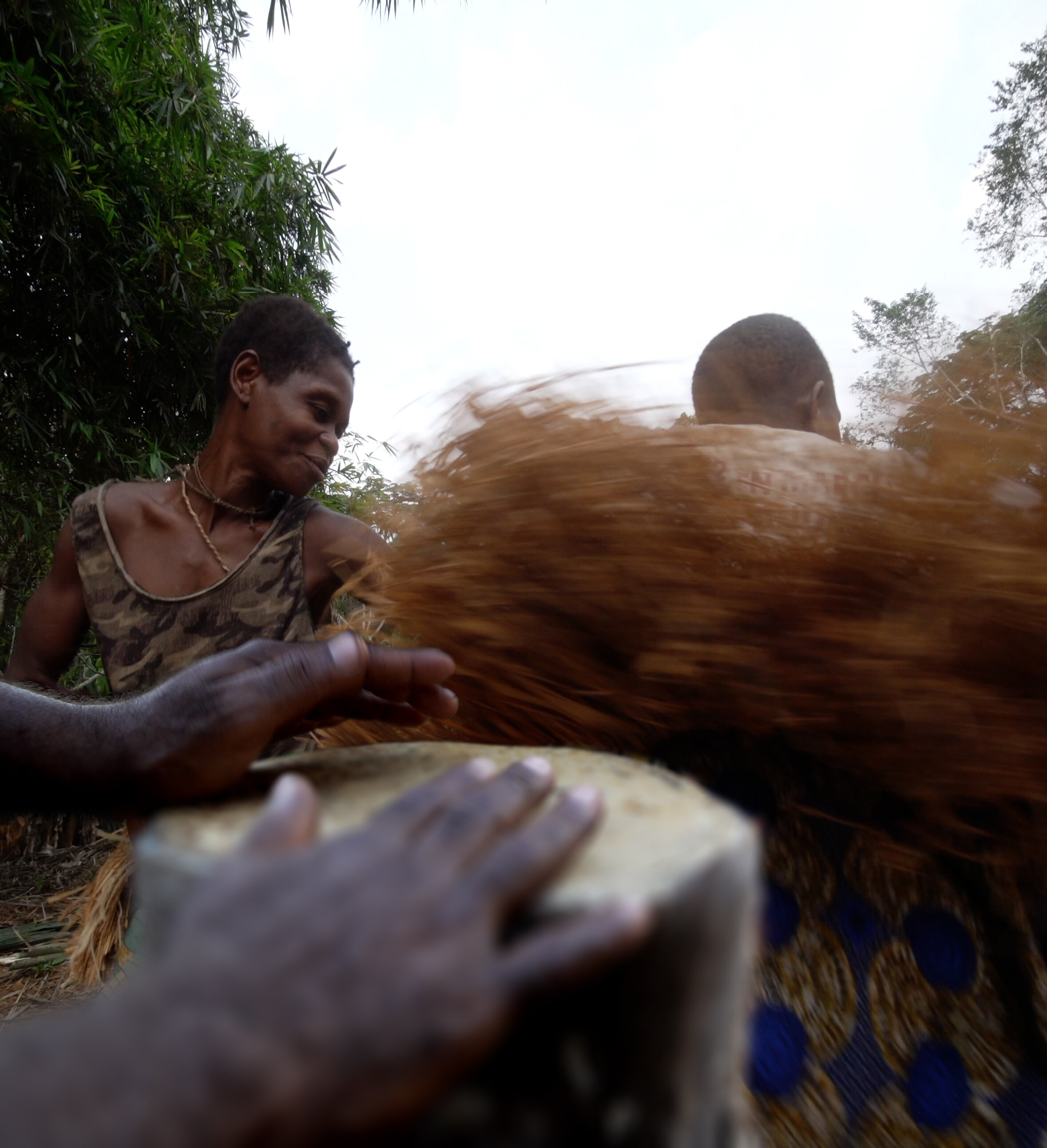Extensive social networks between different hunter–gatherer groups in the Congo Basin existed long before agriculture arrived in the region. This continent-wide exchange preserved a cultural diversity that evolved thousands of years ago, as researchers from the University of Zurich have shown based on musical instruments, specialized vocabulary and genetic information.
Central Africa has been occupied by hunter–gatherer populations for hundreds of thousands of years, according to recent research based on genetic, archaeological and paleoenvironmental data. However, contemporary hunter–gatherers living in the Congo Basin speak languages that they have acquired from their agricultural neighbors, the Bantu, in recent times.
This raises the question as to which elements of ancient cultural diversity in Central Africa stem from long-term evolution and regional cultural exchange predating agriculture, and which aspects are influenced by interactions with farming communities.


